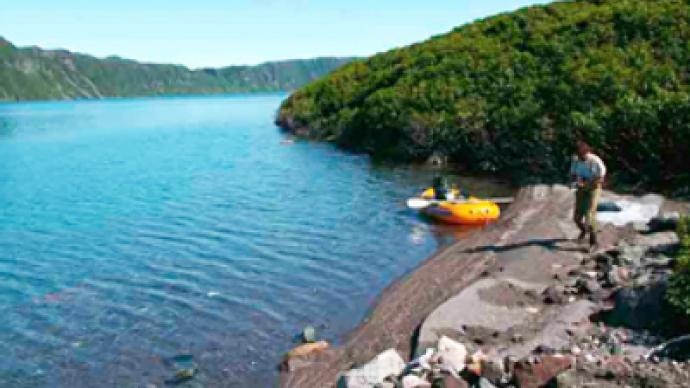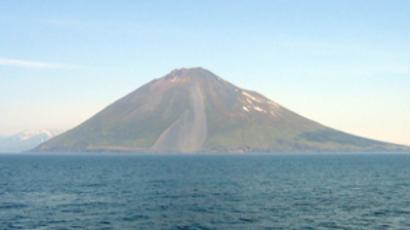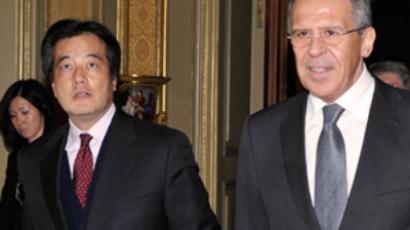Tokyo angered by Japanese visiting disputed Kuril Islands

Japan’s government has fiercely condemned two of its citizens for visiting the Southern Kuril Islands on Russian visas. According to Tokyo, obtaining the visas was equal to recognizing Russia’s rule over the islands.
Commenting on the issue, Japanese Foreign Minister Seiji Maehara said that they had “lodged a strong protest” against the two men’s actions, reports Itar-Tass.One of the two Japanese – a man working for a fish-processing company in Hokkaido – told The Japan Times that they apologized to the government for using Russian visas.He, together with his father, had traveled to one of the Kuril Islands to visit a grave of their Russian friend who died not long ago. In a phone interview with the paper, the man said that they had met the Russian on Kunashir Island when visiting it as part of a visa-free exchange program between the two countries.Eight Japanese tourists had previously come under fire from the government for visiting the Southern Kurils, also known as the Northern Territories in Japan. Back in August this year, the group of elderly tourists traveled to Kunashir and Iturup on a sightseeing trip organized by a Japanese travel agency.Even though there is no law officially banning trips to the Russian-held islands, such tours are not welcomed by Japanese authorities. In 1989, the cabinet made a non-binding decision urging Japanese nationals to refrain from traveling to the Kurils on Russian visas, until the decades-long territorial dispute is resolved. In Tokyo’s view, obtaining visas from Russian authorities is an action that effectively recognizes Moscow’s sovereignty over the islands.The Kurils – a volcanic archipelago – stretch across the Pacific Ocean from the Japanese Hokkaido northwards to Kamchatka. While the chain includes over 50 islands, just four are the subject of a 60-year-old row between Moscow and Tokyo: Kunashir, Shikotan, the Khabomai Rocks and Iturup. All of them are under Russian rule, but Japan insists the islands are part of its southernmost territory.Japan rests its claims on a bilateral agreement of 1855, in which the disputed territories were considered to be Japanese. Russia maintains, however, that it took over the islands after World War II in accordance with international agreements. As a result of the ongoing dispute, a peace treaty between Japan and Russia – the legal successor of the Soviet Union – has not yet been signed.In the Soviet-Japanese Joint Declaration of 1956, that re-established diplomatic ties between the sides after the war, Moscow promised Japan two of the islands – Khabomai and Shikotan. However, that could only happen after the signing of the peace treaty. Tokyo has repeatedly insisted that it should regain all the islands.














